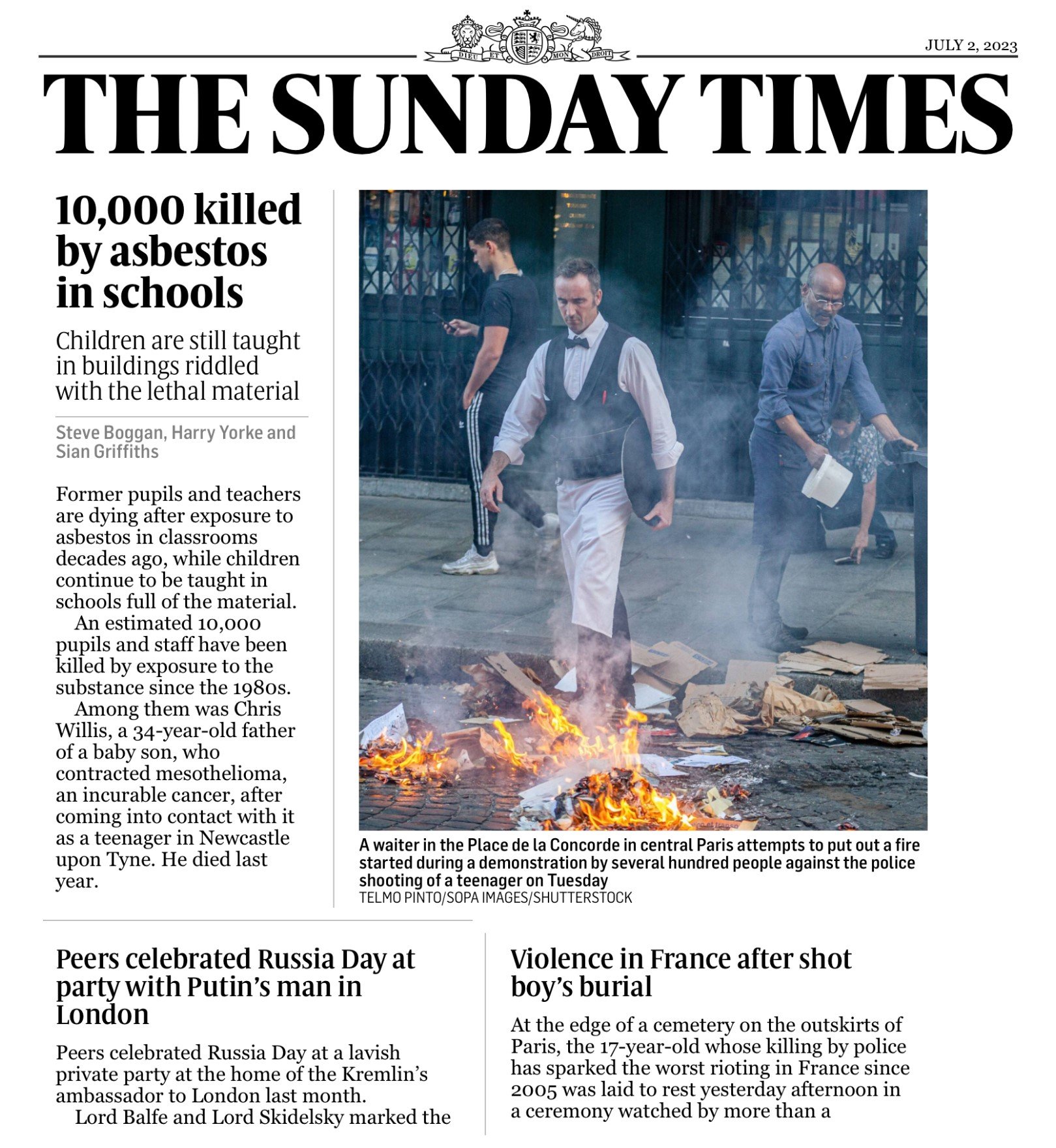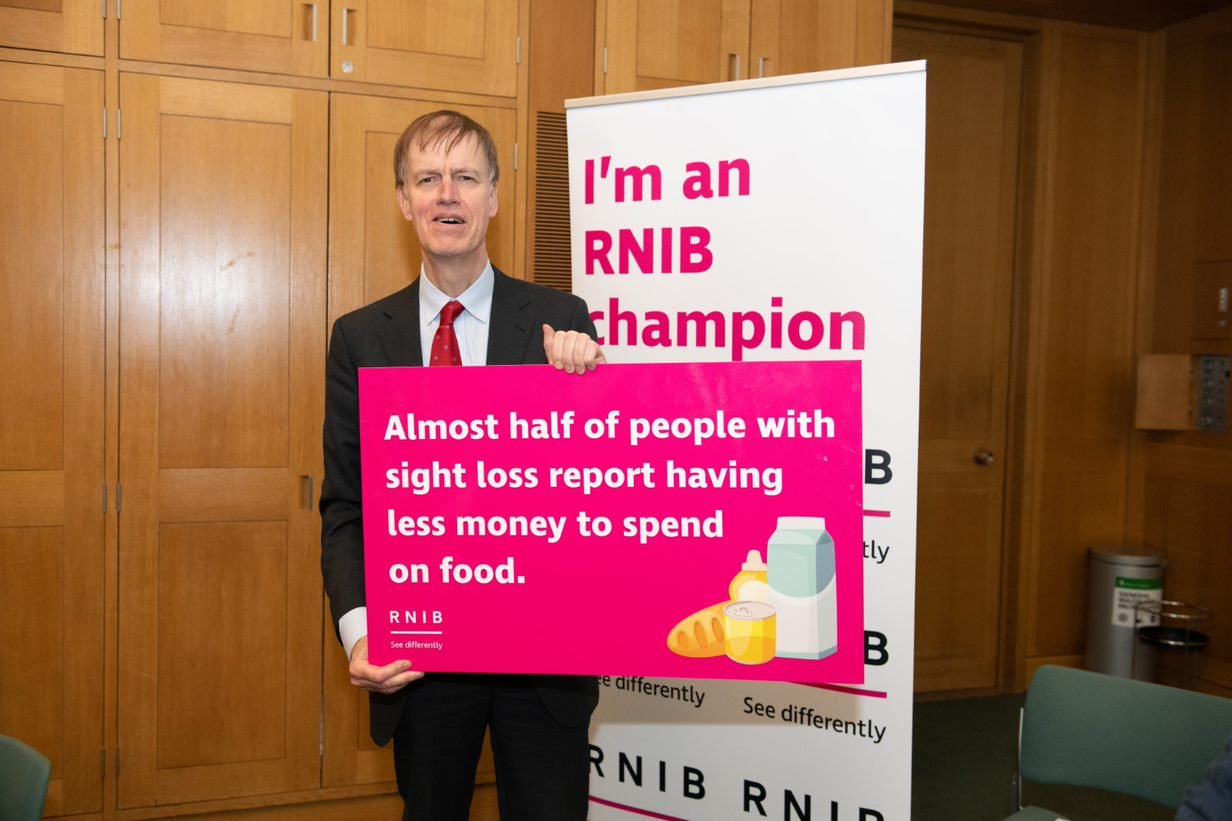Asbestos is the leading cause of workplace deaths, causing 5000 deaths per year. Last Sunday, The Sunday Times launched a campaign to get the Government to commit to commit to a national plan for the removal of all asbestos over the next 40 years, a recommendation made by Stephen’s committee.
As Chair of the Work and Pensions Select Committee, Stephen started an inquiry on asbestos management in 2021. The Committee’s report, published in April 2022, called for a 40 year deadline to remove all workplace asbestos, and for a central digital register of the location and condition of all asbestos. The Government rejected both recommendations.
Stephen has been working with trade unions and campaigners since and is delighted with the new Sunday Times campaign. The Minister responsible has now agreed to meet Stephen later this month to discuss the idea of a register.
Speaking to The Sunday Times, Stephen said, “when you mention asbestos to most people, they tend to think it was a problem of the past that’s been dealt with. When you tell them it’s still all around us, they’re surprised. When you tell them it’s the UK’s biggest work-related killer, they’re shocked. And when you tell them it’s in most of our schools, they tend to become worried.”














